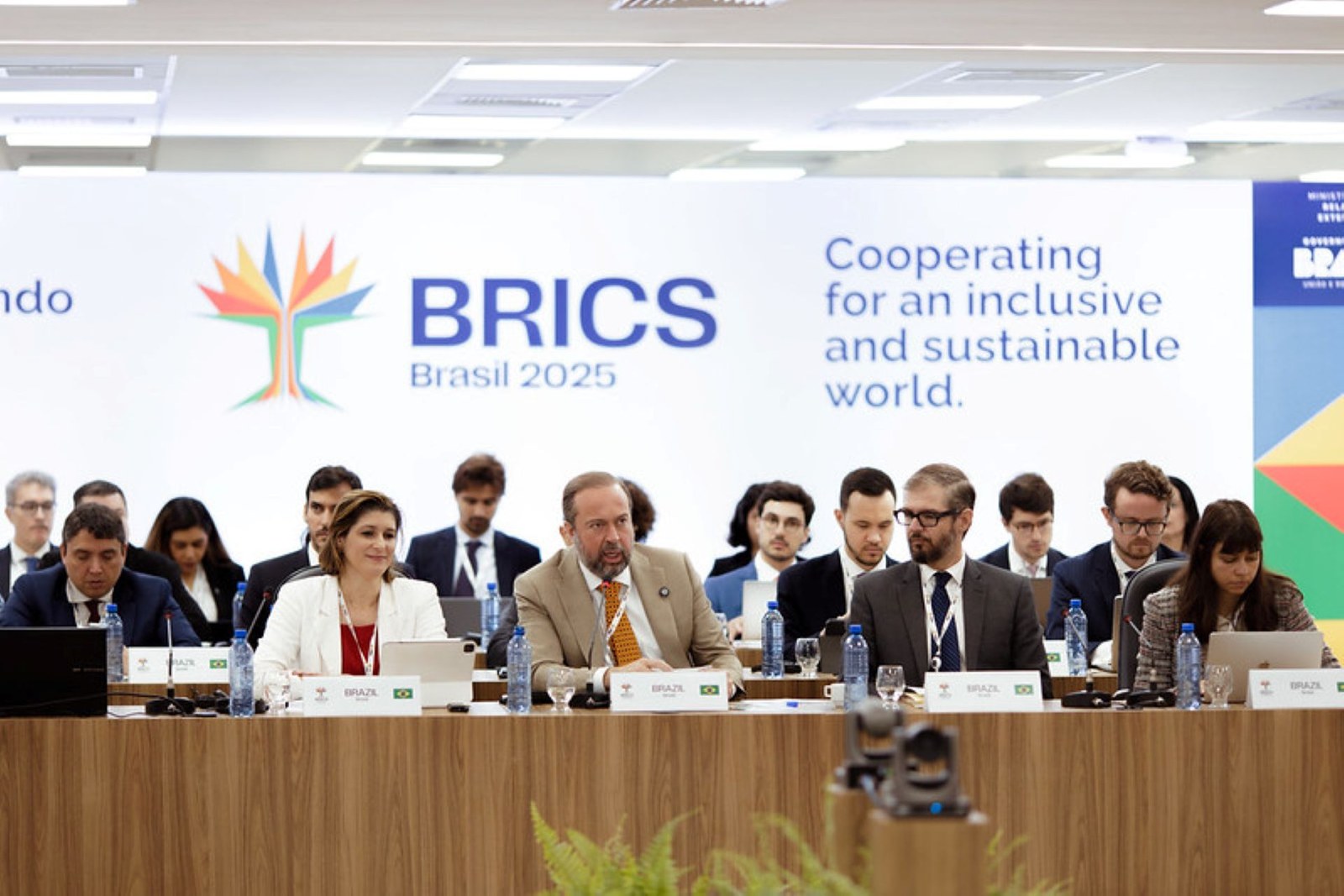Silveira calls for actions to balance energy security and sustainable development among BRICS countries
The Minister opened the 2nd Energy Meeting of the group, chaired by Brasil, highlighting the importance of the transition to a low-carbon future

From Brasil’s Ministry of Mines and Energy
"It is our responsibility to seek a balance between energy security, sustainable development, and the transition to a low-carbon future," stated Minister of Mines and Energy Alexandre Silveira this Thursday (March 20) during the opening of the 2nd BRICS Energy Meeting, under Brasil's presidency, in Brasília.
Silveira reaffirmed the country's priorities in leading the bloc, highlighting a fair and inclusive energy transition and efforts to combat energy poverty by expanding access to energy services. Brazil's presidency also seeks to advance a leadership climate agenda, including a declaration on climate finance.
"The bloc’s expansion highlights our relevance and calls on us to strengthen the Global South. It requires improving energy cooperation governance to make it more inclusive and sustainable. We need to coordinate our actions and ensure that the integration of new members strengthens our capabilities and expands our opportunities," Silveira argued.
The minister affirmed that sharing best practices and developing joint projects can solidify BRICS as a key player in global governance. According to him, financing the energy transition is a central challenge, as is the need to advance discussions on strategic and emerging topics.
"Resources will be needed to enable investments in infrastructure, renewable energies, and mineral research to supply the essential chains for the transition. Without adequate financing, the transformation of our energy systems will be slower and more unequal. Together, we can find the best solutions to the challenge of ensuring greater stability and energy security," he said.
To combat energy poverty, the minister emphasized the importance of developing initiatives in rural electrification, clean cooking, and energy efficiency to ensure an inclusive and socially fair energy transition. "A truly sustainable energy policy must put people first," he pointed out.
In his closing remarks, Silveira stated that BRICS has everything to lead the development of sustainable fuels, highlighting the potential to implement different solutions and scale various technological pathways, accelerating the decarbonization of strategic sectors such as transportation and industry. Millions of people in BRICS countries still lack adequate access to electricity and modern energy services
BRICS
The grouping formed by Brasil, Russia, India, China, and South Africa, as well as the newly admitted members –Egypt, Ethiopia, Indonesia, Iran, Saudi Arabia, and the United Arab Emirates– represents one of the major forums for political and diplomatic coordination among Global South countries, with a focus on cooperation in various areas, including energy.